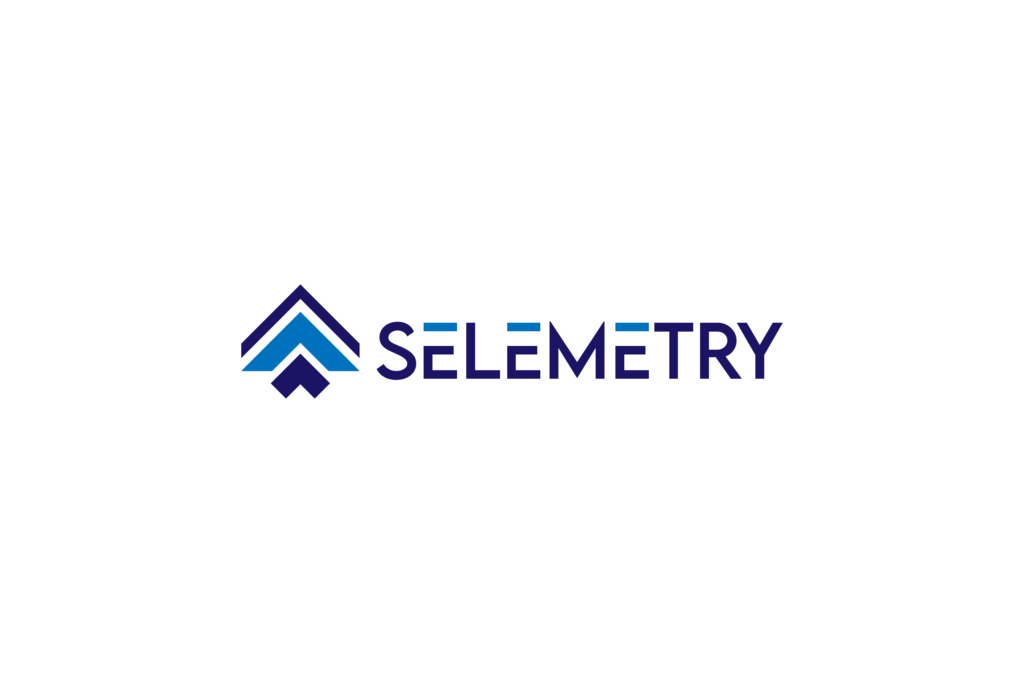The resale of used equipment—and circular economy principles are reshaping the equipment leasing industry, offering new pathways for growth, profitability, and environmental stewardship.
Understanding the Circular Economy in Equipment Leasing
The circular economy is a model that stands in stark contrast to the traditional linear economy of “take, make, and dispose.” Instead, it prioritizes reducing waste, reusing products, and recycling materials to extend the lifecycle of assets. This approach is rapidly gaining traction across industries as companies seek to minimize their environmental impact and meet regulatory and consumer demands for sustainability.
Recommerce, the resale of used goods after refurbishment or reconditioning, is a critical component of the circular economy. By extending the lifecycle of equipment through refurbishing and reselling, equipment leasing companies can tap into new revenue opportunities while contributing to sustainability goals.
In many ways, equipment leasing is already aligned with the circular economy. Equipment Leasing encourages the reuse of assets over time, reducing the need for constant production of new equipment. However, the incorporation of recommerce—reselling used, but refurbished equipment—takes this synergy to the next level. Equipment Leasing companies that adopt recommerce strategies can improve asset utilization, increase profitability, and reduce their environmental footprint.
The Business Case for Recommerce in Equipment Leasing
The potential benefits of recommerce for equipment leasing companies are numerous, both in terms of profitability and sustainability.
Economic Advantages
One of the most compelling reasons for equipment leasing companies to embrace recommerce is the potential for revenue expansion with vendor partners. Many walkaway lease structures are where a piece of equipment is returned after a contract period and may be resold or disposed of. With recommerce, however, that equipment can be refurbished and leased out multiple times, maximizing its value over its entire lifecycle. This strategy allows leasing companies and/or their vendors to extract more value from each asset.
Sustainability and ESG Benefits
Recommerce also offers significant sustainability advantages, which are becoming increasingly important in the modern business environment. Equipment leasing companies that adopt circular economy principles and focus on vendor partners that are refurbishing and reselling equipment can reduce their environmental impact. Every time a piece of equipment is refurbished and resold, fewer raw materials are extracted, and less energy is used in the production of new equipment, reducing the overall carbon footprint of the supply chain.
In addition, companies that embrace recommerce and circular practices can improve their Environmental, Social, and Governance (ESG) metrics. As more investors and customers demand transparency in sustainability efforts, companies that can demonstrate their commitment to environmental responsibility will gain a competitive edge.
Market Demand for Sustainable Solutions
The demand for sustainable solutions is also growing among customers. More businesses are seeking leasing options that align with their own environmental goals. In sectors like construction, technology, and healthcare, where equipment turnover is high, recommerce provides an attractive option for companies looking to reduce their environmental impact without sacrificing quality or efficiency. Leasing companies that offer financing options for refurbished, high-quality equipment at a lower cost can meet this demand while expanding their customer base and vendor base.
Real-World Applications of Recommerce in Equipment Leasing
Recommerce is already making waves in various industries, and equipment leasing companies have an opportunity to capitalize on this growing trend. Let’s take a closer look at some sectors where recommerce is thriving.
Heavy Equipment and Construction
In the construction industry, the high cost of new machinery and the frequent need for equipment turnover make recommerce particularly appealing. Equipment leasing companies specializing in heavy equipment financing need to continue to partner with dealers that can refurbish and resell machinery multiple times, extending the lifecycle of excavators, bulldozers, and other high-cost assets. Some leasing firms are already seeing significant returns by focusing on this model, providing both financial and environmental benefits.
Technology and IT Equipment
The technology industry is another prime candidate for recommerce. With rapid advancements in hardware, IT equipment like servers, laptops, and networking devices often become obsolete quickly. However, refurbished technology can still provide significant value to businesses that don’t require cutting-edge solutions. Vendors and Equipment Leasing companies that offer recommerce for IT equipment can meet the needs of companies looking for cost-effective, sustainable options.
Medical Equipment
The healthcare industry also benefits from equipment leasing and recommerce. Refurbished medical equipment, such as diagnostic machines or surgical instruments, can be leased and resold to smaller clinics or international markets that need affordable, reliable equipment.
Overcoming Challenges in Recommerce
While recommerce offers many benefits, vendors and to a lesser extent, their equipment leasing partners must also navigate several challenges to implement it effectively.
Logistics and Inventory Management
Managing the logistics of equipment refurbishment and resale can be complex. Dealers and equipment resellers need to track equipment through multiple life cycles, ensuring accurate records of condition, maintenance, and refurbishments. Implementing robust asset tracking systems is critical for success in this space.
Refurbishment Standards, Regulations, and Pricing
Ensuring consistent quality during refurbishment is another challenge, especially in highly regulated industries like healthcare or aviation. Equipment resellers must meet stringent safety and performance standards, which may require significant investment in refurbishment capabilities and equipment leasing company also need to do their due diligence with asset management to understand what they are leasing, any legalities, and current and future market values.
Technology’s Role in Recommerce
Technology will play a crucial role in enabling successful recommerce strategies for equipment leasing companies. Tools like the Internet of Things (IoT), blockchain, and predictive analytics can streamline the refurbishment and resale process for dealers as well as provide equipment leasing companies with the data and insights they require to underwrite transactions.
IoT and Asset Tracking
IoT technology can help dealers and leasing companies track the condition and usage of their equipment in real-time, enabling more precise scheduling of maintenance and refurbishment. This ensures that assets are refurbished before significant degradation, increasing the likelihood of successful recommerce.
Blockchain for Asset Histories
Blockchain technology offers a secure, transparent way to track an asset’s history, from its initial lease to its refurbishment and resale. This transparency can build trust with customers, ensuring them that refurbished equipment meets the highest standards.
Predictive Analytics
Predictive analytics can further optimize the recommerce process by predicting when equipment is likely to need maintenance or refurbishment, allowing dealers and leasing companies to act proactively, reducing downtime and extending asset life.
The Future of Recommerce in Equipment Leasing
Looking ahead, recommerce is poised to play an increasingly important role in the equipment leasing industry. As sustainability concerns continue to rise and technology makes refurbishment more efficient, leasing companies that adopt circular economy practices will be well-positioned for growth and dealer partnerships.
Emerging markets, regulatory shifts, and technological innovations will continue to drive recommerce adoption. Leasing companies that embrace these trends will not only benefit economically but will also lead the way in making the industry more sustainable.
In conclusion, recommerce and the circular economy offer equipment leasing companies a unique opportunity to increase profitability, meet growing customer demand for sustainable solutions, and contribute to a more resource-efficient world. By adopting these strategies now, forward-thinking equipment leasing firms can secure their place in the future of the industry.
Sustainable Financing: Integrating ESG Factors into Equipment Leasing and Financing Decisions
Photo Credit: Photo by Pixabay: https://www.pexels.com/photo/ecg-machine-reads-134-263194/







